
And no wonder. Squirreled away in the mountainous underbelly of Austria, the East Tirol (Osttirol) is the country’s forgotten province. Yes, officially, it’s part of Tirol, the Austrian Bundesland which has Innsbruck as its capital. But it doesn’t feel that way. Hemmed in by Italy at the bottom, and the vast bulk of the Hohe Tauern massif at the top, this is a place apart: under-developed, under-visited, and all but unknown amongst British skiers.
The obscurity is undeserved. There are five main ski areas here. None offers more than 38km of pistes: but each contains some scintillating ski terrain, backed up magnificent mountain scenery. They can all be skied on the same lift pass (the Osttirol Ski Hit), and taken together, in a free-wheeling, follow-your-nose road trip, they add up to a compelling package. Especially if you’re one of those people who – like me – loves burrowing into forgotten corners of the ski world and finding big, empty landscapes at their heart.
The history is fascinating, too. Once upon a time, in the days of the Hapsburgs, Austria extended much further south than it does now. The land was lost to the Italy at the end of the First World War, and the East Tirol was the crumb left at the table after the Italians had taken their bite. Ever since, there’s been a part of Italy that speaks German and wishes it were still in Austria (the Sudtirol), and a part of Austria – the Osttirol – which feels particularly sore about the loss.
If you want a taste of the bitterness that remains, just strike up a conversation with a local and ask them what they think of their neighbours to the south. Until 1915, they had been Austria’s allies. “Traitors” is how one thirty-something skier described them to me.
Still, don’t let a little 100-year disagreement put you off. This is a part of Europe where regional identities are as strong as national ones, and nowhere is that truer than the East Tirol – where families are as rooted in the landscape as the forests, and the veneer of modern life can seem pretty thin. If you’re ever in one of the ski megaplexes of the Alps, and you find you find yourself longing for somewhere a bit less industrial, promise yourself you’ll come here.
So how do I get there?
Given its obscurity, the East Tirol is pretty easy to reach. Fly into Innsbruck airport, and you can drive south over the Brenner Pass, turn left for Mühlbach and wiggle through the Sudtirol until you reach the border at Arnbach (146km, 2-3hrs). 3km beyond that lies the ski area of Sillian.
Or you can drive east to Kitzbuhel, then south, and burrow under the Hohe Tauern massif in the Felbertauern tunnel. The first Osttirol ski area you hit on that route is the Grossglockner resort at Kals-Matrei (165km, 2-3hrs).
You can also access the East Tirol from Verona, Treviso and Venice airports in Italy.
Obviously, a hire car is essential. Yes, there are decent bus and train services from Innsbruck: but you want the day-tripping flexibility that only a car can bring.
Where should I ski?
You should ski at least three or four of the following areas.
1. Obertilliach
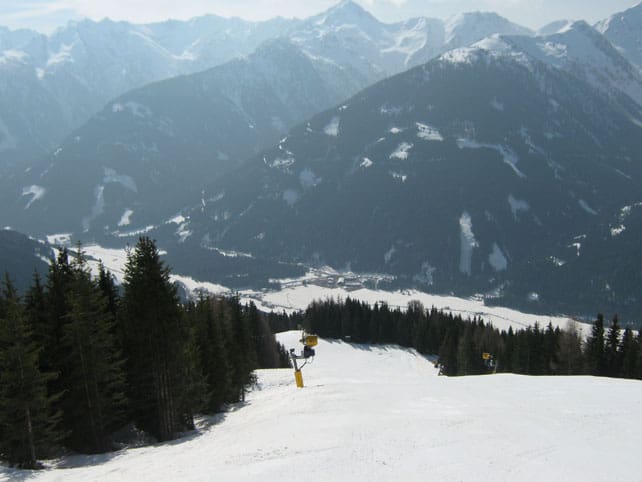
A tight huddle of barns and farmhouses, blackened by 300 years of sun, it’s the kind of place where neighbours chat across balconies and you’re as likely to find tractors as cars parked outside the front door. At times all you can hear is the drip-drip-drip of melting snow from the eaves.
Nordic skiing is the main sport here. Obertilliach is home to a biathlon centre, and is part of a 100km network of cross-country trails that loops along the valley floor. But there are downhill pistes on offer, too, and one spectacular run: the top-to-bottom Ralsabfahrt (pictured, above). Plunging through 600 vertical metres, it follows the fall line most of the way down the mountain, and – midweek at least – is more or less deserted. On a perfect spring day in March I lapped it three times and saw two other skiers.
Why is it so quiet? Because the ski area is so small (there are 12km of pistes in all). It’s only going to keep you occupied for a day. But what a day…
2. Sillian
ARVE Error: For the maxwidth (maxw) option you need to have normal or lazyload mode enabled, either for all videos in the plugins options or through shortcode e.g. [youtube id=123456 mode=normal maxw=999 ].
Sillian is where most of the scenes from the promotional Chairlift Chats video, above, were filmed. A fully-functioning modern ski resort – in miniature – it offers 22km of intermediate-friendly pistes and one cracking top-to-bottom run, which drops through a muscle-melting 1300 vertical metres.However, its strongest suit is its off-piste skiing. There’s lots of easy stuff to nibble on between the pistes, as well as more challenging routes, either north or south off the backside of the 2407m Thurntaler. Make damn sure you ski those with a guide, by the way. They’re very avalanche-prone.
Oh yes, and plan to spend a bit of time staring, slack-jawed, at the scenery. The view south is towards some of the most celebrated mountains in the Alps: the Dolomites surrounding Cortina d’Ampezzo.
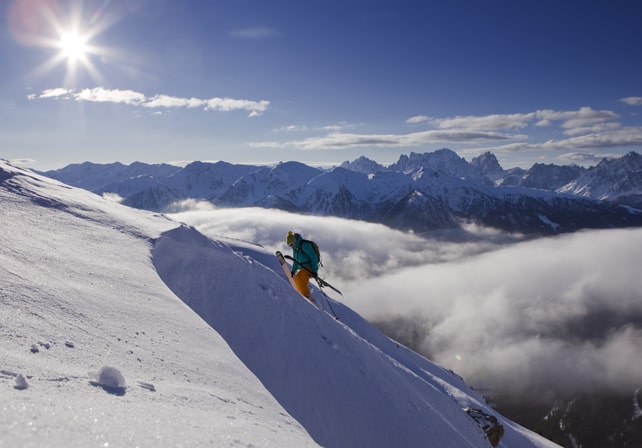
Sillian is also close to one of the best hotels in the Osttirol: the four-star Hotel Strasserwirt, recently refurbished with sweet-smelling Stone Pine panelling, and serving a fabulous afternoon tea. It’s well placed for road trips and costs about two-thirds the price of a very ordinary three-star in an A-list resort such as Meribel.
3. Zettersfeld
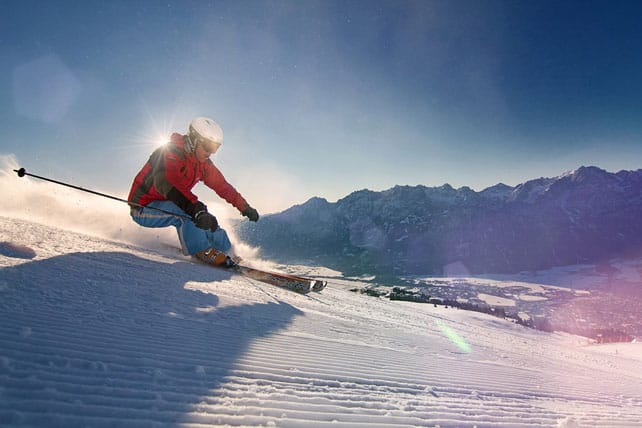
Lienz is the capital of the Osttirol: a pretty, pocket-sized town with a population of 12,000, and pistes both front and back. Those immediately behind it, on the Zettersfeld, are the ones to target. A smoothly-does-it array of south-facing groomers, they’re a joy to ski on a cold day in mid-winter, with sensational views across town to the Lienzer Dolomites to lift your heart every time you look up.
Bear in mind, however, that they get hammered by the sun in springtime. If you’re here in March, time your arrival to coincide with that magic hour in the morning when the top layer of snow has softened, but before it turns slushy.
As in all the Osttirol ski areas, mountain restaurants are cheap by modern standards. At the Stoana Mand’l, a big pan tiroler grostl costs €10, and half a litre of beer €3.30.
4. St Jakob

A magnificent drive along the Defereggen valley brings you to St Jakob – surprisingly built-up given there are only 24km piste on the doorstep. No matter: it’s still more laid-back than almost every Alpine resort I know, and is home to some lovely ego-boosting pistes. The fact that they sit just beneath the north face of the Weisse Spitze makes them remarkably snowsure, too. The mountain seems to be breathing lungfuls of cold air over them, and even on mild and sunny March afternoons their snow is still cold and wintry.
Lower down, the mountain gets steeper, and the skiing more challenging. There’s a nice plunging black to get your edges into, and some eye-popping off-piste lines through the trees.
Should you base yourself here? A lot of skiers do; drawn by the secret-valley atmosphere of the Defereggen, and the top-quality snow. But I wouldn’t. The access road is long and wiggly, and could easily put you off visiting other resorts, which is the whole point of skiing the Osttirol.
5. Grossglockner Resort
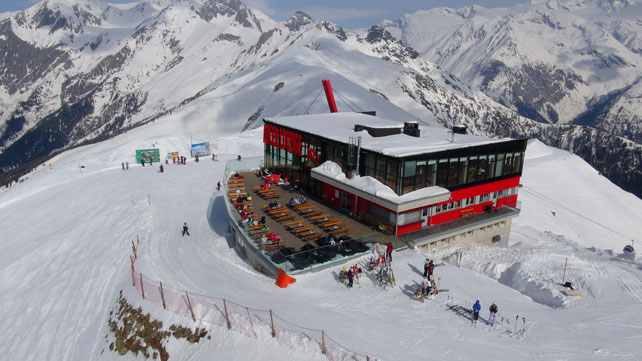
Once again, the ski area itself is small – offering 38km of groomed and waymarked runs. But there is a lot of variety here: from broad and easy groomers, to some scintillating blacks on the slopes above the village of Kals.
Here’s another of those Chairlift Chat promotional videos, filmed at the Grossglockner Resort.
ARVE Error: For the maxwidth (maxw) option you need to have normal or lazyload mode enabled, either for all videos in the plugins options or through shortcode e.g. [youtube id=123456 mode=normal maxw=999 ].
When should I go?
Unlike the rest of the Tirol, the Osttirol gets most of its snow from storms that originate in the Gulf of Genoa, and roll through the Italian Alps. So if the resorts like Madonna di Campiglio and Canazei are getting lots of snow, you can be sure it’ll be dumping on Sillian and St Jakob, too. Keep your eyes on the snow forecasts and snow reports, and if can organise a last-minute trip to follow weather like this, you’ll be laughing. Generally speaking, however, this is a January and February kind of place. March tends to be too warm.
For more information about the East Tirol visit osttirol.com

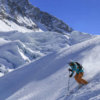
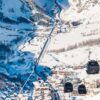

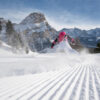
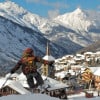
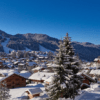

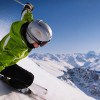
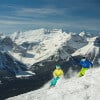
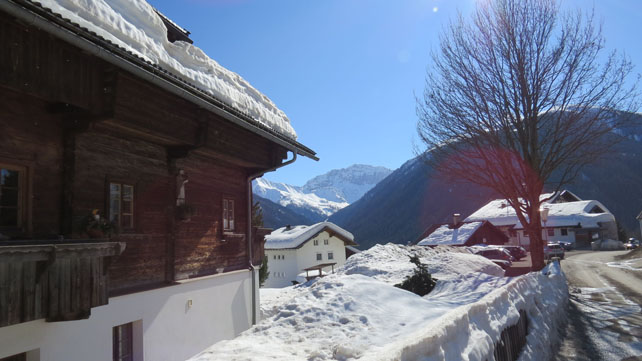
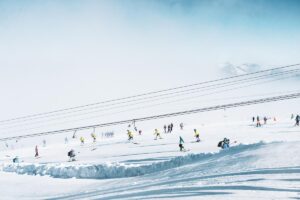
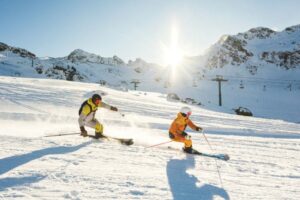
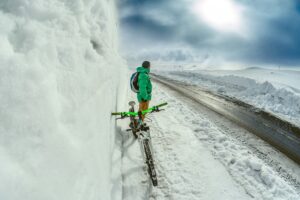
Add Comment